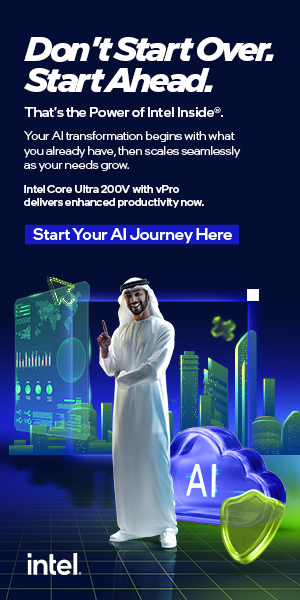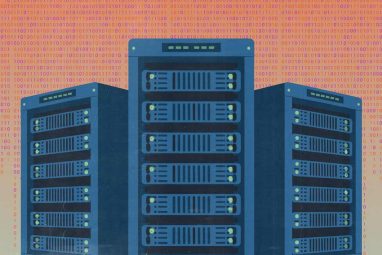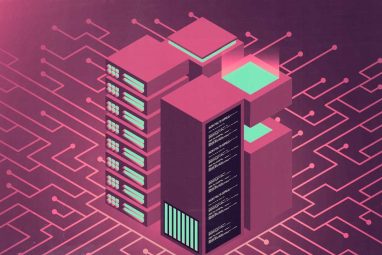Agentic AI Adoption Is Outpacing Corporate Redesign, MIT SMR–BCG Study Finds
Firms are embracing agentic AI at a pace that far exceeds their ability to redesign workflows, governance and talent structures, leaving leadership teams racing to adapt management models built for an earlier era, the global study found
News
- Microsoft CEO Satya Nadella Wants Us to Move Past AI ‘Slop’
- With a 480MW Facility, Saudi Arabia Becomes the World’s Largest Government Data Center
- Bitcoin Set for First Yearly Loss Since 2022 as Macro Pressures Weigh on Crypto
- As AI Ambitions Grow, Tech Leaders Look Beyond Earth for Data Infrastructure
- OpenAI Rebuilds Around Audio in Push Toward Voice-First AI
- DeepSeek Signals Next AI Model Direction With New Training Research

Agentic AI is moving into companies faster than most leaders can adapt, blurring the line between software and staff and straining traditional management models, according to a new study from MIT Sloan Management Review and Boston Consulting Group.
Based on a global survey of more than 2,100 executives, the study finds that agentic AI is being adopted faster than both traditional and generative AI.
Just two years after the technology entered the mainstream, 35% of companies have already begun using agentic systems and another 44% expect to roll them out soon. That pace, the researchers warn, is far ahead of the organizational changes needed to support it.
One of the clearest shifts is psychological. Three out of four executives now say agentic AI feels less like a tool and more like a coworker, underscoring how quickly companies are becoming comfortable with autonomous systems capable of handling multi-step processes with minimal human direction.
Sam Ransbotham, one of the report’s authors, said the boundary between “people work” and “machine work,” a dividing line around which modern management was built, is rapidly dissolving. Organizations that succeed, he said, will be those that understand agentic AI’s dual identity and design processes that treat it as both a managed asset and a semi-autonomous teammate.
The implications are much broader than workflow tweaks. In companies that are furthest along, agentic AI is already prompting changes in operating models, governance structures and talent plans.
Two-thirds of leading adopters expect to rethink their organizational design, while almost 60% anticipate revising governance frameworks within the next three years.
Expectations that AI systems will have decision-making authority are set to rise 250%, the survey showed.
The early adopters are also bracing for changes in hiring and management. Nearly half expect flatter hierarchies, fewer layers of middle management and a greater reliance on generalists who can coordinate agentic systems rather than specialists who perform narrow tasks. Entry-level roles may shrink as automated agents become more capable, the report found.
Not all effects are disruptive. Among organizations already operating agentic systems at scale, 95% of employees report higher job satisfaction, a finding the authors attribute to workers offloading routine steps and focusing on judgment-led tasks that feel more meaningful.
The competitive stakes are rising as well. Seven in ten agentic AI leaders expect the technology to reshape how their companies differentiate, compared with just half of organizations that have yet to adopt it. And the shift isn’t limited to companies: individuals inside agentic AI workplaces are also more likely to believe the technology will help them stand apart within their own teams.
But the biggest challenge may be conceptual. Because agentic AI is simultaneously an asset that must be governed and a teammate that must be managed, companies are struggling to find a consistent way to evaluate, monitor and develop it.
The report said leaders will need to blend human-resource thinking and asset-management discipline, a hybrid approach that has few precedents in corporate practice.
The authors said leadership teams now face a choice: retrofit existing systems around a fundamentally new kind of AI, or rebuild workflows and structures in ways that assume autonomous agents are part of day-to-day operations. The organizations that move early, the report suggested, will be the ones that define the norms for everyone else.









